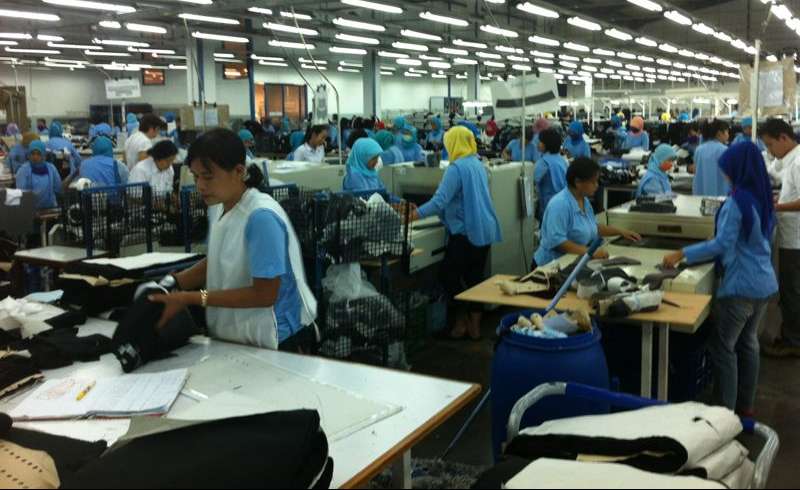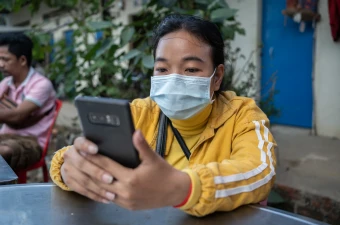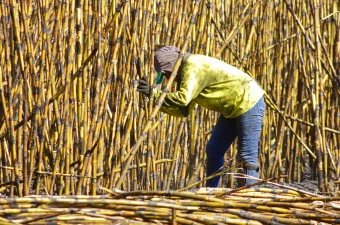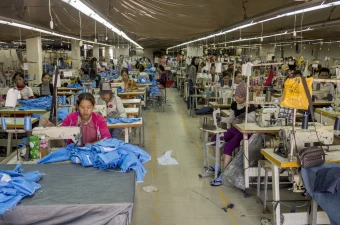
Cooperation was not possible in this way before.
Based on the published production location list, various organizations have raised problems on the shop floor in production countries. Civil society organizations, the government and businesses are now working together to tackle abuses regarding, for example, living wage and trade union freedom. Cooperation was not possible in this way before. It is one of the results presented by the Sustainable Clothing and Textile Covenant in its annual report.
First annual report
The Sustainable Clothing and Textile Covenant is a unique collaboration between Dutch civil society organizations, government and business to make the international production chain more sustainable.
For the first time, an annual report of the Sustainable Clothing and Textile Covenant has been published. The plans of approach submitted by participating companies and products and projects initiated by the parties are central to this.
The production location list works
At the beginning of July, the covenant published the production locations of all participating companies. This overview of production sites within the Dutch clothing and textile sector will be updated annually. Abuses that were raised by insight into the production locations included trade union freedom at locations in Turkey and Myanmar and living wage in Indonesia.
Companies make the chain more sustainable
Participating companies report in their plans on how they contribute to making the chain more sustainable. For example, according to the self-assessment, 41% of the participants already apply CSR risk management (due diligence) in their policies and organization.
Growing number of participants
The number of participating companies is growing steadily. In the meantime, 65 companies signed the covenant. Together they represent over 70 clothing labels. In 2018 the goal is to have more companies join. The impact of the joint efforts to make the sector more sustainable is thus increasing.
Pierre Hupperts, chairman of the covenant: "Through our collaboration we now see that we can actually realize change. Now we have to continue. By allowing more companies to take part in the coming years and to scale up internationally, our influence will grow and together we can really tackle abuses in the chain. "
Collaboration pays off
The parties are working together intensively within themes that have been named in the covenant, such as living wage, child labor and animal welfare. Companies actively participate in these themes and are provided with tools to tackle the themes in their own business operations.
Covenant
The Sustainable Clothing and Textile Covenant is facilitated by the Dutch Social Economic Council and is the Dutch approach to the OECD guidelines for international corporate responsibility. The multi-stakeholder method that characterizes the covenant is unique in the world. It attracts the attention of EU countries such as Germany, France and Denmark. Active links are sought with other initiatives.
If the Dutch covenant approach continues to grow within Europe, this will involve 500 million consumers who can buy more responsibly produced clothing. That puts international weight in the scale for improvements.
For more information, visit https://www.internationalrbc.org/
Publication date 22 12 2017


